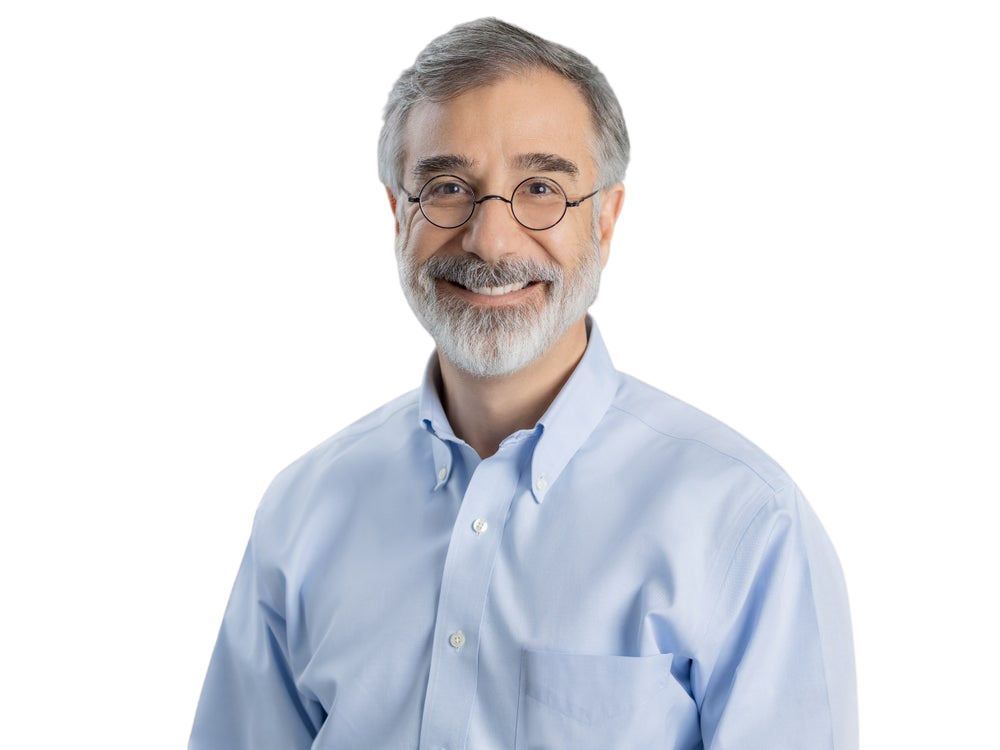Show Notes
“The way I have grown up in the field is not only to discover basic science findings, but also to have in mind always… how can we translate this discovery into a potential drug or an approach that could be given to patients.”
In part two of our four-part series with Samir Khleif, Founder and CEO of Georgiamune, he shares how a formative fellowship at the National Cancer Institute shaped his identity as a clinician-scientist—combining basic research with patient care.
He reflects on developing early cancer vaccine trials, embracing translational medicine, and being called to build the King Hussein Cancer Center in Jordan—an effort that transformed healthcare across the region.
Key topics covered this episode:
- How basic science and clinical care came together at NCI
- Why translational medicine became his driving mission
- What it took to pioneer cancer vaccine protocols
- How he launched a world-class cancer center in Jordan
- What leadership lessons emerged from building from scratch
If you enjoy The Biotech Startups Podcast, please consider subscribing, leaving a review, or sharing it with your friends. Thanks for listening.
Prefer video? Watch the full episode on YouTube:
Resources & Articles
- Strategies for Cancer Vaccine Development: https://pmc.ncbi.nlm.nih.gov/articles/PMC2914453/
- Therapeutic Cancer Vaccines: https://pubmed.ncbi.nlm.nih.gov/38086815/
- Recent Advances in the Development and Efficacy of Anti-Cancer Vaccines: https://pubmed.ncbi.nlm.nih.gov/40266115/
- Cancer Vaccines: https://pmc.ncbi.nlm.nih.gov/articles/PMC11717780/
- Unlocking Cancer Vaccine Potential: https://pubmed.ncbi.nlm.nih.gov/38564321/
- Translational Research Program: https://dctd.cancer.gov/programs/trp
- King Hussein Cancer Foundation and Center: https://en.wikipedia.org/wiki/King_Hussein_Cancer_Foundation_and_Center
- Case Study: Jordan’s King Hussein Cancer Center: https://globalizationandhealth.biomedcentral.com/articles/10.1186/1744-8603-3-11
- NCATS: http://ncats.nih.gov/
Organizations & People
- Georgiamune: https://www.georgiamune.com/
- NCI: https://www.cancer.gov/
- King Hussein Cancer Center: https://www.khcc.jo/en
- Dr. Asem Mansour: https://www.linkedin.com/in/asem-mansour-md-5b0a1155/?originalSubdomain=jo




